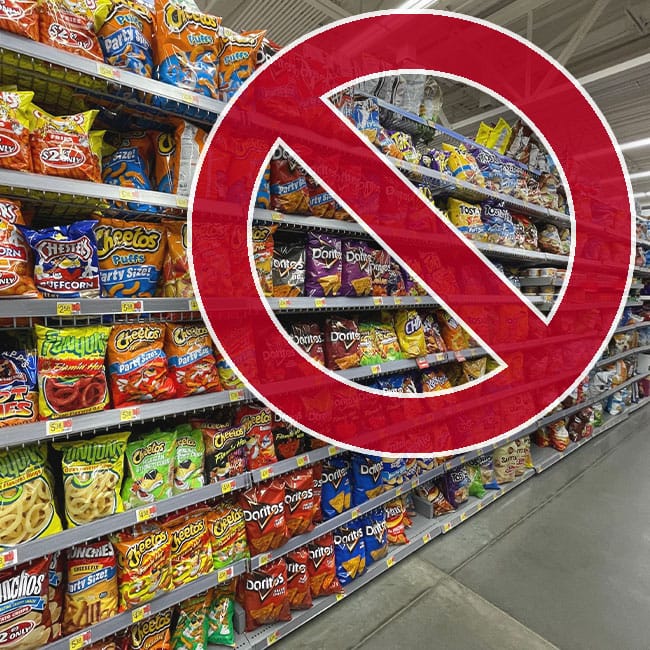In the pursuit of a healthier lifestyle, many individuals turn to various strategies, including dietary changes and exercise. One aspect that often garners attention is the role of beverages in promoting overall well-being and aiding in weight loss. While there are undoubtedly numerous healthy drinks that can complement weight loss efforts, it’s essential to navigate this landscape with awareness. Some seemingly nutritious beverages may inadvertently impede weight loss progress.
We spoke with Lisa Andrews, registered dietitian nutritionist at Health Insiders; and Joanna Wen, certified health coach and founder of Spices & Greens, to learn about four seemingly healthy beverages that can actually make weight loss harder. They revealed that fruit juice, smoothies, protein drinks, and diet drinks are some of the top culprits.


Fruit Juice
Fruit juice, often perceived as a wholesome beverage due to its association with natural fruit flavors, can paradoxically hinder weight loss endeavors. While some do provide essential vitamins and minerals, the concentrated sugars present in fruit juices can contribute significantly to calorie intake. Consuming fruit juice may lead to an increased calorie surplus, as liquids may not evoke the same satiety signals as solid foods. Additionally, the juicing process often removes beneficial fiber found in whole fruits, leaving behind a sugary concoction that can lead to rapid spikes in blood sugar levels. These fluctuations can, in turn, trigger increased hunger and cravings, making it more challenging for individuals to maintain a caloric deficit necessary for effective weight loss.
Wen says, "One seemingly ‘healthy’ beverage that can actually make weight loss harder is fruit juice, which may seem like a nutritious choice but is often packed with added sugars and lacks the fiber of whole fruits. This can lead to a rapid spike in blood sugar levels, followed by a crash, leaving you feeling hungry and craving more food."

Smoothies
While smoothies offer a convenient way to incorporate fruits, vegetables, and other healthful ingredients into one's diet, the potential pitfall lies in portion control and ingredient choices. Some commercially available smoothies or homemade varieties can pack a substantial calorie punch, especially when laden with high-calorie ingredients like sweetened yogurt, excessive amounts of fruits, or added sugars. Moreover, the liquid nature of smoothies may not elicit the same feelings of fullness as consuming solid foods, potentially leading to overconsumption.
"Another unexpected ‘healthy’ offender is smoothies, especially those made with high-calorie ingredients like fruit juices, sweeteners, and excessive amounts of nut butter or yogurt. While they may seem like a good choice, these calorie-dense drinks can easily contribute to weight gain if not consumed mindfully," Wen notes.

Protein Drinks
Although protein is essential for building and repairing tissues, some commercially available protein drinks may carry hidden calories and sugars. Consuming these beverages in excess can contribute to a surplus of calories, hindering weight loss efforts. Additionally, relying solely on protein drinks as meal replacements may lack the diverse range of nutrients found in whole foods.
Andrews elaborates further and says, "Protein drinks can be high in calories or sugar depending on the brand, check the label," and consider other healthier alternatives made from whole foods that are protein-packed.

Diet Drinks
Diet drinks may seem like a sensible choice for those watching their calorie intake, but the artificial sweeteners present in diet drinks can disrupt the body's natural response to sugar. These sweeteners may influence appetite and cravings, potentially leading individuals to consume more calories from other sources.
"While they are better than their sugar-laden counterparts, studies (like this) indicate that drinks containing artificial sweeteners are also associated with obesity," Andrews highlights.


























